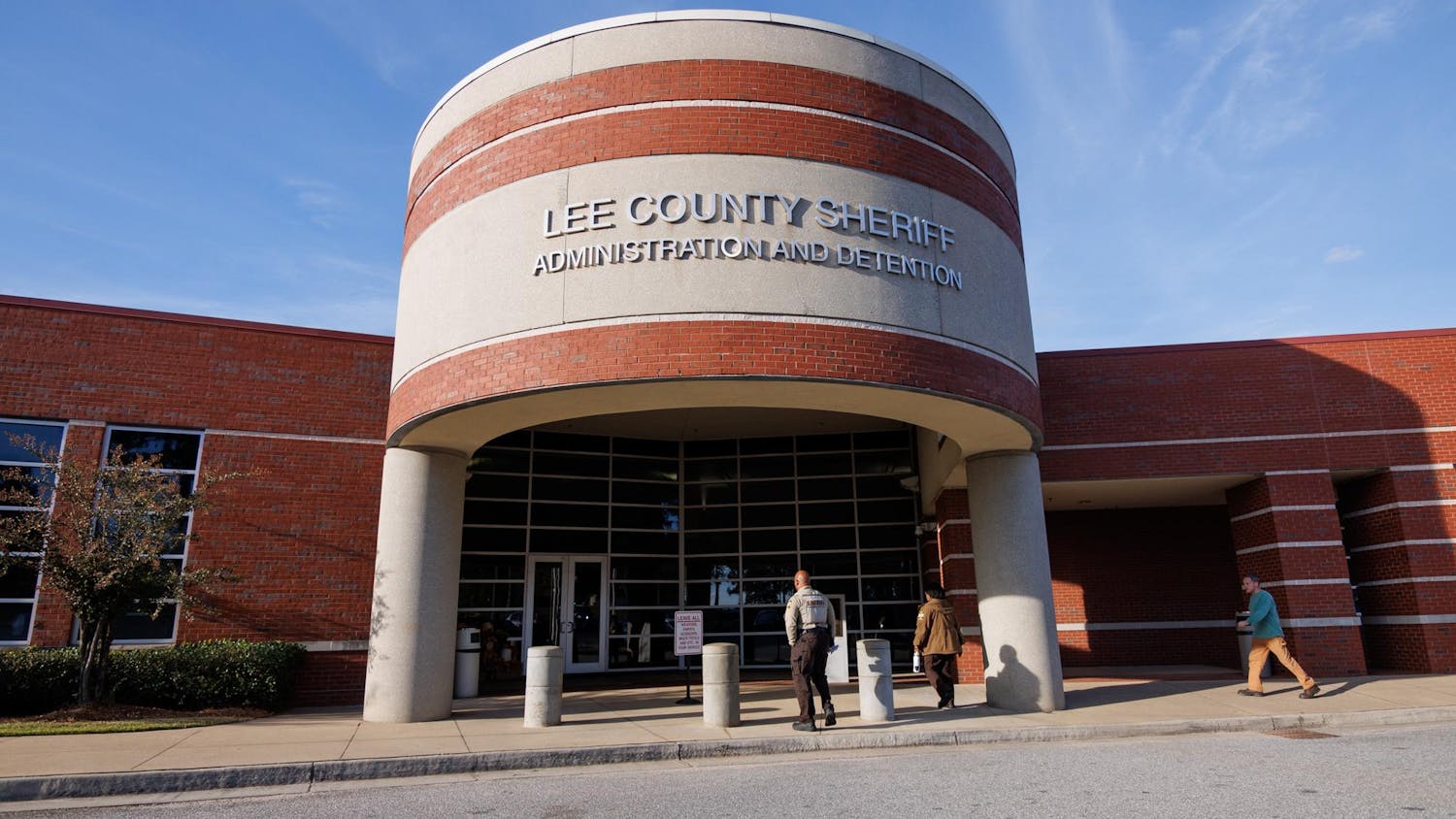Dates were set for depositions in Alabama Speaker Mike Hubbard's ethics trial at a hearing Monday, Nov. 9.
A deposition is sworn out-of-court testimony used to gather evidence.
The defense wanted to call administrative personnel in the Attorney General's office, such as Charlotte Doucet, chief of the administrative services division.
However, Judge Jacob A. Walker III said he wanted to hear the observations of lawyers in the office, because they would have the best knowledge of their codes of ethics.
"What I'm hoping for is what are other people's observations in the office," Walker said.
Walker also said he did not want to rehash old office disputes, such as arguments over space.
The defense also wanted to call Sandy McClure, administrative assistant in the office because they said she refused to back date documents for the prosecution. White also said the state said she did not have any relevant information.
"[Being called a liar] happened about 50 times and we don't do that," said Matt Hart, lead prosecutor. "I object to that. It's not much of a legal objection, but it's wrong."
The prosecution also objected to calling two of the witnesses, Kevin Turner and Tim Furman, because they live more than 100 miles away from the court. Furman lives in Baldwin County, while Turner now lives outside Washington, D.C.
Solicitor General Andrew Brasher said there were other options for deposing the witnesses.
"Sort of our ranking, most appropriate would be a written deposition," Brasher said.
Brasher said lawyers could also make the trip to depose the witnesses in person or hold a video conference.
Mark White, defense attorney for Hubbard, said each team would send a lawyer to ask questions and stream it. Furman's deposition would take place in person in Montgomery.
However, Augusta Dowd, another attorney on Hubbard's defense team, said the prosecution was going back on their word and that the court said they could have the witnesses there.
"I know we relied on it, I'm sure the court relied on it," Dowd said.
The attorneys also debated whether Hart could be deposed. The prosecution objected because that could disqualify Hart.
However, White said a lawyer who testified in deposition can continue working on the case until they are subpoenaed for trial. White said they can't approach the bar to ask about the ethics of testifying.
"They get to stay on the case until they are literally called to the stand," White said.
The depositions are set for Monday, Nov. 23, with an alternate date of Dec. 16. Walker will review the testimony after the depositions.
"What it really shows is this judge is being very careful," White said. "Obviously, he's concerned about what he's heard, and he's being very precise and he's being very careful, and I can only applaud that."
Do you like this story? The Plainsman doesn't accept money from tuition or student fees, and we don't charge a subscription fee. But you can donate to support The Plainsman.




